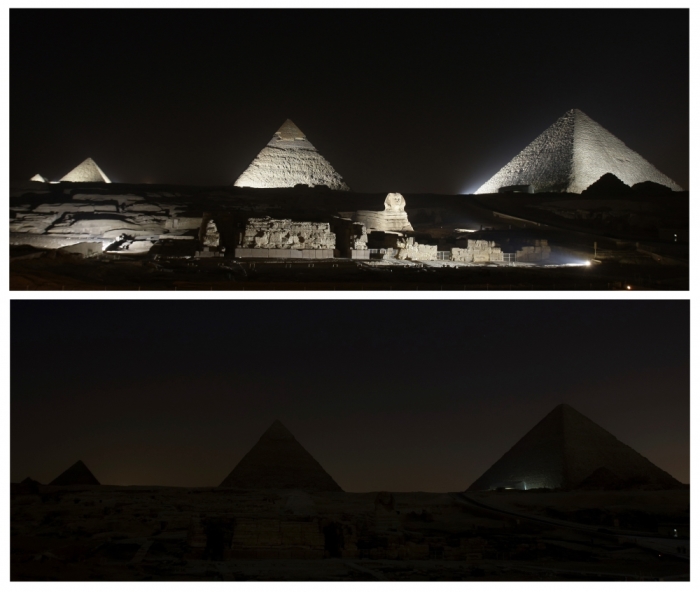1,500-Y-O 'Magical Papyrus' Discovered Near Pyramid Invokes God's Human Sacrifice Test in the Bible

An ancient 1,500-year-old "magical papyrus" discovered near a pyramid in Egypt addresses the Bible's God as the God of an Egyptian deity, and refers to the test of faith Abraham faced when asked to sacrifice his son.
LiveScience reported on Tuesday that the text of the papyrus, uncovered near the pyramid of the Pharaoh Senwosret during a 1934 expedition in Giza by New York's Metropolitan Museum of Art, has now been deciphered by scientists.
Written in Coptic at a time when Christianity was widely practiced in the country, the writer, who isn't named, pleads: "God of Seth, God of Abraham, God of Isaac, God of Jacob, God of Israel, watch over everyone who suffers. My word, may it come to pass with power."
"May every spirit that is in the air obey me," he asks.
Seth is an ancient Egyptian god said to rule over the desert and the storms, associated with eclipses, thunderstorms and earthquakes.
The papyrus also calls the biblical God on a number of occasions "the one who presides over the mountain of the murderer," which according to Oxford University researcher Michael Zellmann-Rohrer alludes to the account in the book of Genesis when God initially asks Abraham to sacrifice his son, Isaac, on Mount Moriah.
In the narrative, although Abraham agrees to follow God's command, a messenger from God reveals it was a test of faith, and so Isaac is spared and a ram is sacrificed instead.
The passage in Genesis has been described by some Christian commentators, such as Mark Creech, executive director of the Raleigh-based Christian Action League of North Carolina, as one of the "greatest chapters in the entire Bible."
"Like Abraham, God desires our unreserved trust when we find ourselves in seemingly impossible situations — confusing situations where everything looks incredibly bleak with no good outcome likely — situations that may require the loss of some prized possession, promise, or possibility," Creech wrote in an op-ed published by The Christian Post in October 2017.
"It is in such moments God is closest to us and able to perfectly provide," he added.
Zellmann-Rohrer said that the papyrus describes the story as if the sacrifice of Isaac actually took place, however, noting that this was a belief that appears to have been widespread at the time.
"The text surely belongs to a Coptic phase of habitation at the pyramid complex, noted by the excavators, which is marked by substantial burials," the researcher explained, adding that it's likely the papyrus is a copy of another text.
The text presents few clues as to its nameless composer, though Zellmann-Rohrer noted that the writing "lacks professional proficiency." What is more, it makes references and uses terms used by followers of Gnosticism.
He suggested that those who copied the text may have been Christians who "made use of a textual tradition that owed much to Jewish belief and lore and to Gnosticism."




























